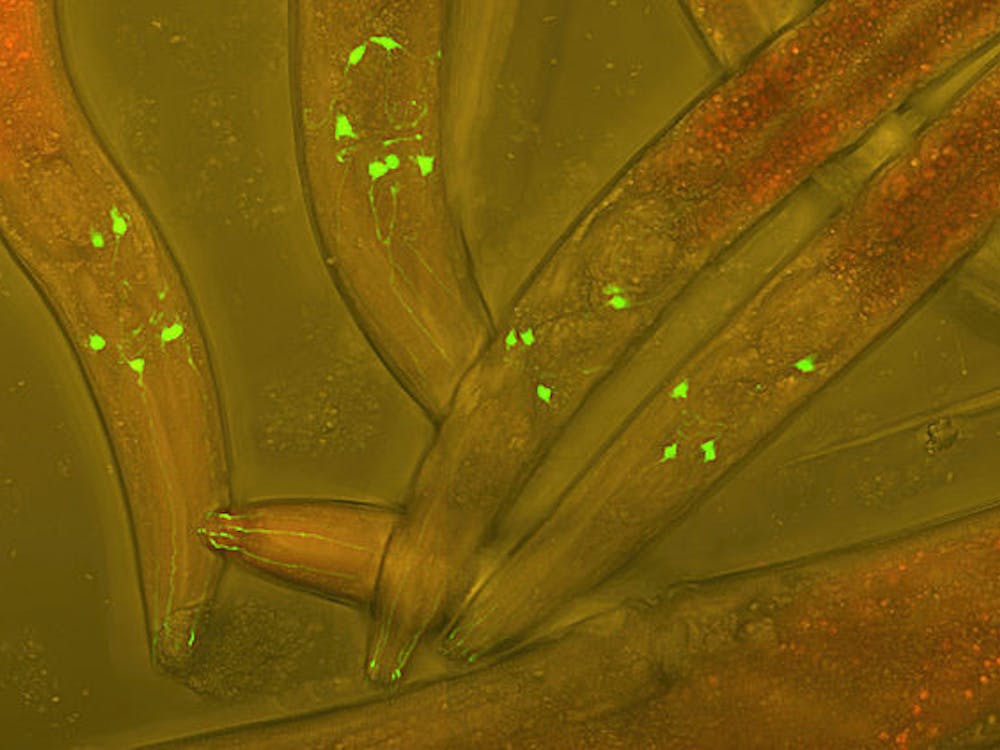Just last month, Hopkins doctors identified two specific digestive bacteria — Bacteroides fragilis and Escherichia coli (E. coli) — that colon cancers trace back to.
Cynthia Sears, who led the study as an infectious-disease specialist, said that it was surprising to find two different bacteria between a healthy colon and a precancerous polyp.
“We need to know more about these two bacteria, in both people who are healthy and people who develop polyps,” Sears said, according to CNBC.
Although there is a lot more research to be done, this information could pave the way for scientists to use stool tests to pinpoint potential disease diagnoses.
Colorectal cancer is the third most common type of cancer that affects both males and females in the United States.
According to the projected statistics for 2018, colorectal cancer immediately follows breast cancer, lung cancer and prostate cancer in the rankings, with an estimated 140,250 new cases and 50,630 deaths annually.
Colorectal cancer initially develops in either the colon or the rectum. Individually the predicted numbers are 97,220 new cases of colon cancer and 43,030 new cases of rectal cancer. However these two types are oftentimes collectively termed colorectal cancer due to the similarity between the two cancers.
Colorectal cancer usually starts as a polyp, a growth on the inner lining of the colon or rectum. Polyps may be divided into two main categories — adenomatous polyps (adenomas) and hyperplastic or inflammatory polyps.
Adenomas are referred to as a precancerous condition since they have the potential of becoming cancer, whereas hyperplastic and inflammatory polyps are more common and normally not precancerous.
The chances of a cancerous polyp are heightened if the size of the polyp exceeds one centimeter, if a cluster of polyps is discovered or if a removed polyp has dysplasia, a condition where the cells look abnormal.
Symptoms of colorectal cancer may include blood in stool, a change in the shape of stool, abdominal cramping and discomfort, prolonged constipation or diarrhea, and a decrease in appetite or unintended weight loss.
Perhaps one of the major reasons behind colorectal cancer deadliness is that these symptoms are seldom displayed by the body in early stages.
As a result, one’s own efforts in attending routine screenings and undergoing fecal tests and colonoscopies are vital to the fight against the disease.
Medical professionals advise people around the age of 50 to begin receiving screenings. However, risk factors such as family history, inflammatory bowel disease, obesity, smoking, physical inactivity and heavy alcohol intake can lower the age of recommended screenings.
Colorectal cancer is highly treatable and the odds only improve with early detection.
According to new research from scientists at Augusta University, the erectile dysfunction drug Viagra may be capable of reducing the risk of colorectal cancer by up to 50 percent.
Although the drug appears to successfully decrease the amount of polyp formation in mice, it still has yet to be tested on humans.





